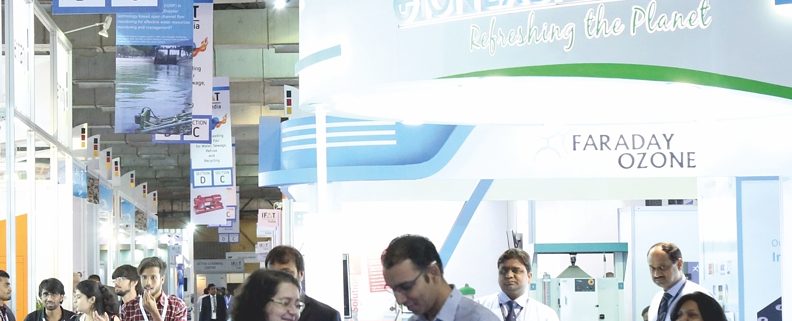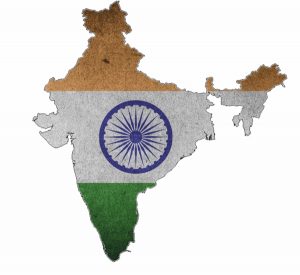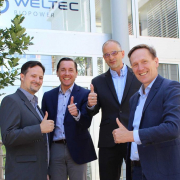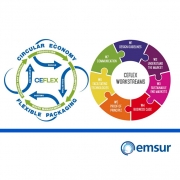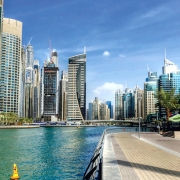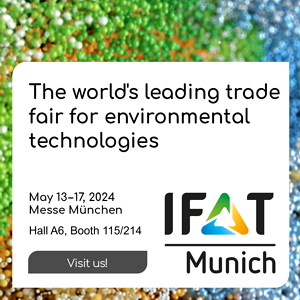India and European Union to Strengthen Cooperation
End of June this year, India and The European Union (EU) agreed to strengthen the cooperation in the areas of environment, resource efficiency and circular economy under the Resource Efficiency Initiative (EU-REI) for India.
“The necessity of moving to a resource efficient ‘circular economy’ wherein waste is reduced or becomes useful inputs in others, or renewable inputs replace non-renewable ones was discussed during the 8th EU-India Environment Forum,” a press release said. The Forum in India has been organized by the Ministry of Environment, Forest and Climate Change (MOEFCC), EU Delegation in India with the support of the Deutsche Gesellschaft für Internationale Zusammenarbeit (GIZ) GmbH, The Energy and Resources Institute (TERI), Confederation of Indian Industry (CII) and consultants of Adelphi.
According to the information, the Environment Forum brought together policy-makers, industry associations, academia, research organizations, civil society and the “first national resource panel in the world – the Indian Resource Panel”, to gather insights from Indian and EU experts on the benefits of resource efficiency (RE), resource productivity through policy coherence, secondary resource management, business models, eco-innovation and insights on economic instruments to foster resource efficiency.
“The Resource Efficiency Initiative (REI) project will be implemented on behalf of the European Union by a consortium led by the Deutsche Gesellschaft für Internationale Zusammenarbeit (GIZ) GmbH, with The Energy and Resources Institute (TERI), Confederation of the Indian Industry (CII) and Adelphi,” the New Delhi based Delegation of the European Union to India gave account. The project objectives would include assessment of India’s current and future use of resources and develop a resource efficiency strategy for India in four sectors:
■ mobility (emphasis on hybrid/electric vehicles);
■ buildings and construction;
■ renewable energy (focus on solar photovoltaic);
■ plastic and e-waste management consistent with its overall policy framework.
There are also opportunities for companies and organizations as well as other parties: As reported, the project also “aims to foster business partnerships for knowledge and technology transfer between European and Indian industry, and raise awareness of best-practices in resource efficiency among businesses, the general public and government as well as non-government organizations”.
Good planning and new technology
Addressing the Forum, A.N. Jha, Secretary (Ministry of Environment, Forest and Climate Change) said that the EU had demonstrated good planning, new technology and the involvement of stakeholders to transform the industrial and urban landscapes for the better and in a more sustainable way. He added that India was preparing its own campaign to develop a resource efficiency strategy. Experience sharing with European experts besides exchange of best practices would be of immense help in this regard.
Astrid Schomaker (Director for Global Sustainable Development, Environment Directorate-General, European Commission) said that market-based incentives and eco-innovation “will create new and exciting products, services and job opportunities in India”.
______________________________
EU Projects in India
Since 2005 India has become one of EU‘s ten strategic partners, depicting their commitment to the promotion of shared values. As reported by the Delegation of the European Union to India, the EU currently manages over 130 contracts in India, with an overall value of more than 400 million Euro. “These projects can be grouped into three main sectors: economic (economic opportunities and skills development), environment (environment, renewable energy, energy efficiency and climate change) and social (education, health and social justice/human rights),” the EU representatives inform.
According to the EU delegation, there are no new bilateral allocations for the 2014-2020 period and projects funded from the previous allocation are currently being finalized. However, thematic and regional cooperation, as well as grant allocations through the Global Fund, continue as before. As reported, the sources of funding vary from the Development Cooperation Instrument (DCI), the global and country-based allocations under the European Instrument for Democracy and Human Rights (EIDHR), the Industrialized Countries Instrument (ICI), to the Partnership Instrument (PI). “Funding is delivered through various means of implementation, such as sector-specific budget support, grants or services.”
Photo: Messe München GmbH
GR 32017

